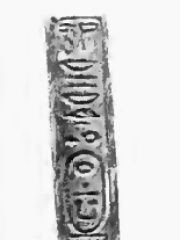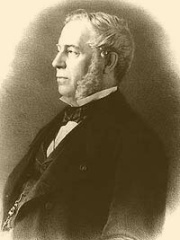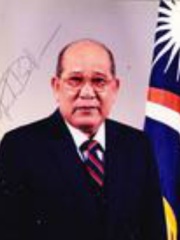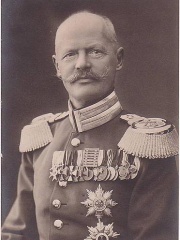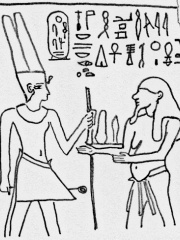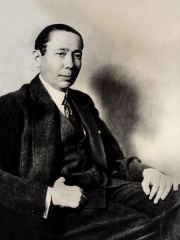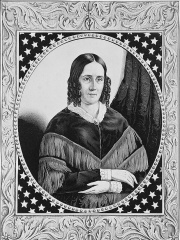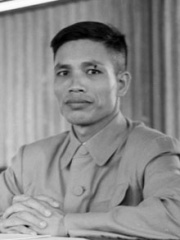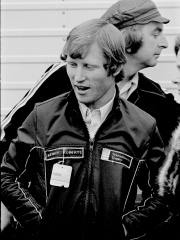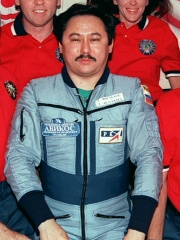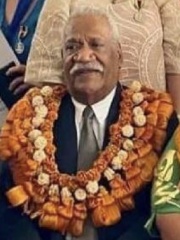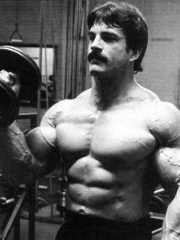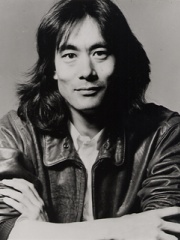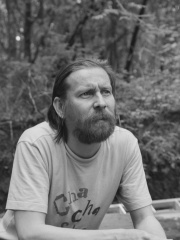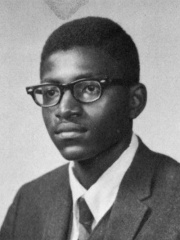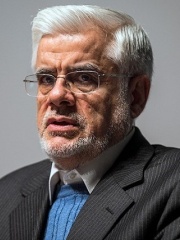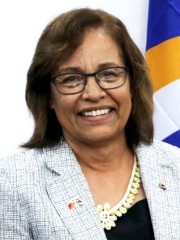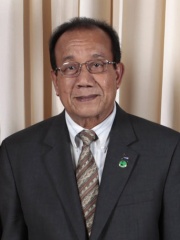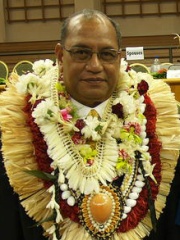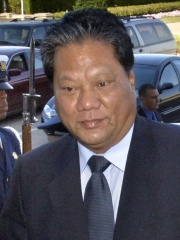Politician
David Kabua
1951 - today
EN.WIKIPEDIA PAGE VIEWS (PV)
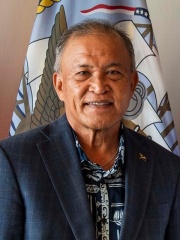
 David Kabua
David Kabua
His biography is available in 27 different languages on Wikipedia. David Kabua is the 11,838th most popular politician (down from 9,654th in 2024), the 3rd most popular biography from Marshall Islands (down from 2nd in 2019) and the 3rd most popular Marshallese Politician.
Memorability Metrics
Page views of David Kabua by language
Among Politicians
Among politicians, David Kabua ranks 11,838 out of 19,576. Before him are Lucius Aemilius Paullus, Sehetepkare Intef, Édouard Drouyn de Lhuys, Amata Kabua, Quintus Fulvius Flaccus, and Prince Arnulf of Bavaria. After him are Sobekhotep VIII, Nicolae Titulescu, Gaius Valerius Flaccus, Sarah Childress Polk, Văn Tiến Dũng, and Artaxias I of Iberia.
Most Popular Politicians in Wikipedia
Go to all RankingsLucius Aemilius Paullus
100 BC - 14
HPI: 59.49
Rank: 11,838
Sehetepkare Intef
1800 BC - 1760 BC
HPI: 59.49
Rank: 11,839
Édouard Drouyn de Lhuys
1805 - 1881
HPI: 59.48
Rank: 11,840
Amata Kabua
1928 - 1996
HPI: 59.48
Rank: 11,841
Quintus Fulvius Flaccus
300 BC - 260 BC
HPI: 59.48
Rank: 11,842
Prince Arnulf of Bavaria
1852 - 1907
HPI: 59.48
Rank: 11,843
David Kabua
1951 - Present
HPI: 59.48
Rank: 11,844
Sobekhotep VIII
1700 BC - 1700 BC
HPI: 59.48
Rank: 11,845
Nicolae Titulescu
1882 - 1941
HPI: 59.48
Rank: 11,846
Gaius Valerius Flaccus
150 BC - 150 BC
HPI: 59.48
Rank: 11,847
Sarah Childress Polk
1803 - 1891
HPI: 59.48
Rank: 11,848
Văn Tiến Dũng
1917 - 2002
HPI: 59.48
Rank: 11,849
Artaxias I of Iberia
150 BC - 78 BC
HPI: 59.47
Rank: 11,850
Contemporaries
Among people born in 1951, David Kabua ranks 228. Before him are Kenny Roberts, Talgat Musabayev, Nikenike Vurobaravu, Mike Mentzer, Corey Yuen, and Kent Nagano. After him are Matti Pellonpää, Klaus Toppmöller, Carl Lumbly, Mohammad Reza Aref, Arnold Mühren, and Radia Perlman.
Others Born in 1951
Go to all RankingsKenny Roberts
RACING DRIVER
1951 - Present
HPI: 59.58
Rank: 222
Talgat Musabayev
ASTRONAUT
1951 - 2025
HPI: 59.57
Rank: 223
Nikenike Vurobaravu
POLITICIAN
1951 - Present
HPI: 59.56
Rank: 224
Mike Mentzer
WRITER
1951 - 2001
HPI: 59.53
Rank: 225
Corey Yuen
FILM DIRECTOR
1951 - Present
HPI: 59.51
Rank: 226
Kent Nagano
CONDUCTOR
1951 - Present
HPI: 59.51
Rank: 227
David Kabua
POLITICIAN
1951 - Present
HPI: 59.48
Rank: 228
Matti Pellonpää
ACTOR
1951 - 1995
HPI: 59.45
Rank: 229
Klaus Toppmöller
SOCCER PLAYER
1951 - Present
HPI: 59.44
Rank: 230
Carl Lumbly
ACTOR
1951 - Present
HPI: 59.42
Rank: 231
Mohammad Reza Aref
POLITICIAN
1951 - Present
HPI: 59.40
Rank: 232
Arnold Mühren
SOCCER PLAYER
1951 - Present
HPI: 59.36
Rank: 233
Radia Perlman
COMPUTER SCIENTIST
1951 - Present
HPI: 59.34
Rank: 234
In Marshall Islands
Among people born in Marshall Islands, David Kabua ranks 3 out of NaN. Before him are Hilda Heine (1951), and Amata Kabua (1928). After him are Litokwa Tomeing (1939), Christopher Loeak (1952), Kessai Note (1950), Lisa Loring (1958), Jurelang Zedkaia (1950), Kathy Jetn̄il-Kijiner (1989), and Phillip Kinono (1997).
Others born in Marshall Islands
Go to all RankingsHilda Heine
POLITICIAN
1951 - Present
HPI: 70.09
Rank: 1
Amata Kabua
POLITICIAN
1928 - 1996
HPI: 59.48
Rank: 2
David Kabua
POLITICIAN
1951 - Present
HPI: 59.48
Rank: 3
Litokwa Tomeing
POLITICIAN
1939 - 2020
HPI: 59.40
Rank: 4
Christopher Loeak
POLITICIAN
1952 - 2025
HPI: 57.19
Rank: 5
Kessai Note
POLITICIAN
1950 - Present
HPI: 55.29
Rank: 6
Lisa Loring
ACTOR
1958 - 2023
HPI: 54.18
Rank: 7
Jurelang Zedkaia
POLITICIAN
1950 - 2015
HPI: 50.65
Rank: 8
Kathy Jetn̄il-Kijiner
WRITER
1989 - Present
HPI: 29.12
Rank: 9
Phillip Kinono
SWIMMER
1997 - Present
HPI: 21.57
Rank: 10
Among Politicians In Marshall Islands
Among politicians born in Marshall Islands, David Kabua ranks 3. Before him are Hilda Heine (1951), and Amata Kabua (1928). After him are Litokwa Tomeing (1939), Christopher Loeak (1952), Kessai Note (1950), and Jurelang Zedkaia (1950).
Hilda Heine
1951 - Present
HPI: 70.09
Rank: 1
Amata Kabua
1928 - 1996
HPI: 59.48
Rank: 2
David Kabua
1951 - Present
HPI: 59.48
Rank: 3
Litokwa Tomeing
1939 - 2020
HPI: 59.40
Rank: 4
Christopher Loeak
1952 - 2025
HPI: 57.19
Rank: 5
Kessai Note
1950 - Present
HPI: 55.29
Rank: 6
Jurelang Zedkaia
1950 - 2015
HPI: 50.65
Rank: 7

